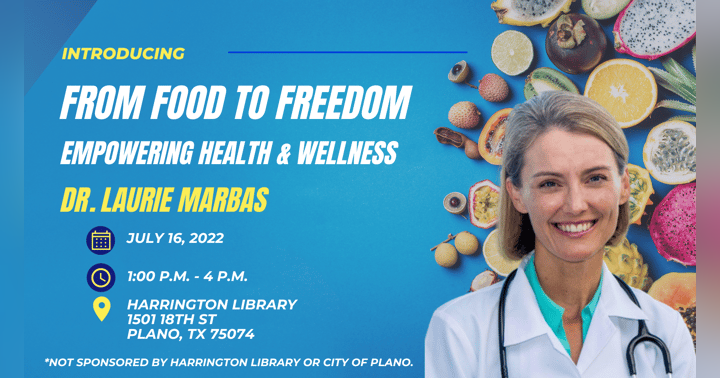
Protein is essential for the growth and repair of tissues and the production of enzymes, hormones, and other molecules that help regulate our bodies. Unfortunately, the Western Diet is often high in animal-based protein sources, which can contribute to various health problems. As such, more people are considering plant-based diets for health reasons. But concerns about protein deficiency and the myth of complete proteins may deter some from fully embracing this lifestyle. This article will discuss how much protein you need, debunk myths about protein on a plant-based diet, and provide examples of healthy plant-based protein sources.
How much protein do you need?
The recommended daily allowance (RDA) for protein is 0.8 grams per kilogram of body weight for adults. For example, if you weigh 68 kilograms (150 pounds), you would need 54.4 grams of protein daily. However, athletes and individuals who engage in intense physical activity may need more.
Protein deficiency concerns
Protein deficiency is rare in developed countries, and it's unlikely that you'll experience it if you consume enough calories from a varied diet. However, some groups, such as the elderly, may need more protein to prevent muscle loss. It's essential to note that a plant-based diet can provide all the protein you need.
The myth of complete proteins
Some people believe they need to eat "complete" proteins to get all of the essential amino acids that their body needs. While it's true that some plant-based sources of protein may not contain all of the essential amino acids, the body can combine different sources of protein throughout the day to create complete proteins.
Here are some examples of protein-rich plant-based foods:
- Legumes (such as lentils, chickpeas, black beans, and kidney beans)
- Tofu and tempeh (made from soybeans)
- Nuts and seeds (such as almonds, peanuts, chia seeds, and hemp seeds)
- Quinoa and other whole grains (such as brown rice, oatmeal, and barley)
- Leafy greens (such as spinach and kale)
- Broccoli and other cruciferous vegetables
- Seitan (made from wheat gluten)
Plant-based protein is not inferior to animal-based protein.
Some may believe that plant-based protein is inferior to animal-based protein, but this is a myth. Plant-based protein sources are typically higher in fiber, antioxidants, and other essential nutrients. These foods can help reduce inflammation, reduce the risk of chronic diseases and cancer, and promote overall health and well-being.
Ensure you're feeling full and satisfied on a plant-based diet.
Plant-based foods generally are lower in calories, leaving some feeling hungry and not satiated after a meal. This is a common reason why people return to eating highly processed foods that make them feel full. There are plenty of ways to ensure you're feeling full and satisfied on a plant-based diet. One strategy is incorporating more starchy vegetables into your meals, such as sweet potatoes, squash, and root vegetables. These foods are higher in carbohydrates and can help increase your meals' calorie content while being nutrient-dense.
Incorporating more nutrient-dense plant-based foods can help promote overall health and well-being.
By focusing on nutrient-dense plant-based foods and eating enough overall, you can easily meet your protein and calorie needs on a plant-based diet. Dr. John McDougall's book, The Starch Solution, emphasizes the importance of incorporating starchy vegetables and whole grains into your meals as a source of energy and nutrients. His book provides practical advice on transitioning to a plant-based diet, including meal plans, recipes, and additional tips.
In conclusion, the idea that you can only get enough protein from animal-based sources is a myth. Plant-based protein sources are plentiful, nutritious, and can meet your daily protein needs. The benefits of incorporating more nutrient-dense plant-based foods into your diet go beyond just protein. These foods can help reduce inflammation, reduce the risk of chronic diseases and cancer, and promote overall health and well-being.
Many resources are available to help you transition if you're starting a plant-based diet. You can begin by incorporating more plant-based protein sources into your meals, such as legumes, nuts, and seeds, and experiment with new recipes and flavors. Remember, it's not just about what you eliminate from your diet but also what you add. Focus on incorporating more nutrient-dense, whole foods into your meals, and your body will thank you.
Finally, if you're still concerned about meeting your protein needs on a plant-based diet, consider consulting with a registered dietitian who can help you create a personalized meal plan that meets your needs.















